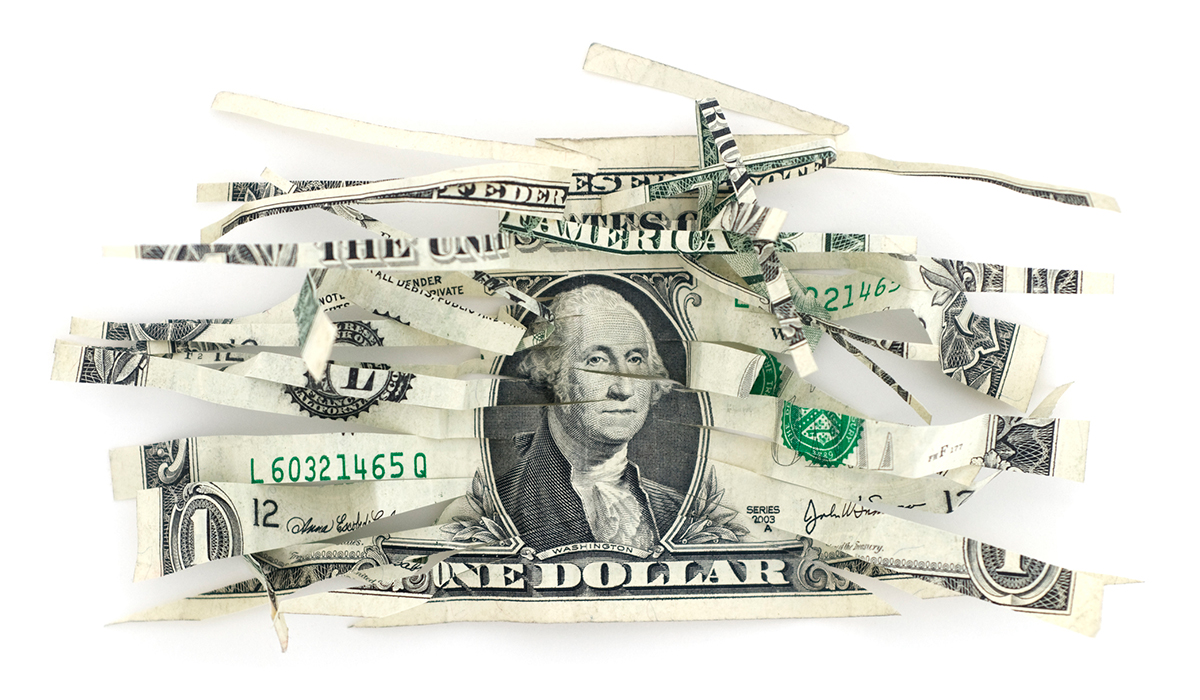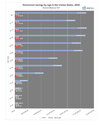- Joined
- Dec 12, 2003
- Messages
- 1,467
- Reaction score
- 948
Thought this would be a good time to look back at the various market sectors performance for 2020. You can make any judgements you want, but personally, my biggest takeaway is that market timing and individual stock picking is a very difficult task that is not worth my time or effort. I am sure there are some people that perfectly timed just before the market tanked and got back in at close to the market low, but I also know some people that are still sitting on the sidelines waiting for the next market correction or bear market. Another takeaway for me was that the high market returns were not just attributed to the largest cap companies like Tesla, Amazon, Microsoft, Apple, etc. Sure, if you bought individual stocks in these companies you did very well, but you also didn't need to own just these companies to do very good for the year. You never know when one of these juggernauts are going to be the next Sears, JC Penney, Toys R Us and so on
Some may call this cherry picking numbers, but my time frame is 1/1/20-12/31/20. So, if you went into a coma and awoke today unaware of what the market did intrayear, these are your returns. I'll use Vanguard funds as my proxy for the different sectors
Total US Stock (VTSAX) +20.99%
S+P 500 (VFINX) +18.25%
Emerging Markets (VEMAX) +15.24%
Total International (VGTSX) +11.16%
Small Cap (VEMAX) +19.11%
REIT (VGSLX) -4.65%
Total US Bond (VBTLX) +7.72%
Total International Bond (VTABX) +4.54%
Mid Cap (VIMSX) +18.10%
Small Cap Value (VISVX) +5.72%
These are the sectors that I invest in, so feel free to add others. I would love to hear others takeaways for this year in investing
Some may call this cherry picking numbers, but my time frame is 1/1/20-12/31/20. So, if you went into a coma and awoke today unaware of what the market did intrayear, these are your returns. I'll use Vanguard funds as my proxy for the different sectors
Total US Stock (VTSAX) +20.99%
S+P 500 (VFINX) +18.25%
Emerging Markets (VEMAX) +15.24%
Total International (VGTSX) +11.16%
Small Cap (VEMAX) +19.11%
REIT (VGSLX) -4.65%
Total US Bond (VBTLX) +7.72%
Total International Bond (VTABX) +4.54%
Mid Cap (VIMSX) +18.10%
Small Cap Value (VISVX) +5.72%
These are the sectors that I invest in, so feel free to add others. I would love to hear others takeaways for this year in investing
Last edited:




